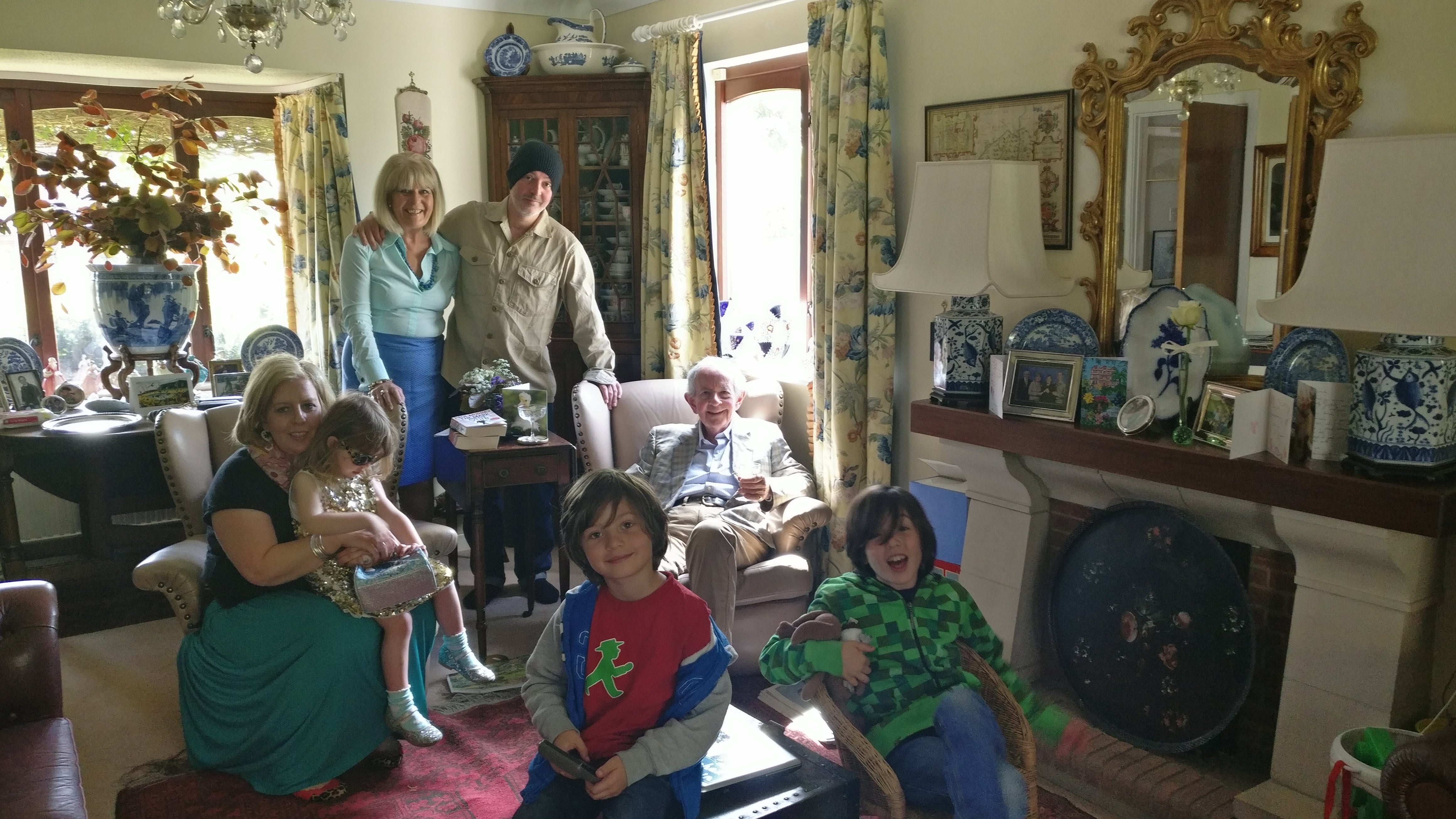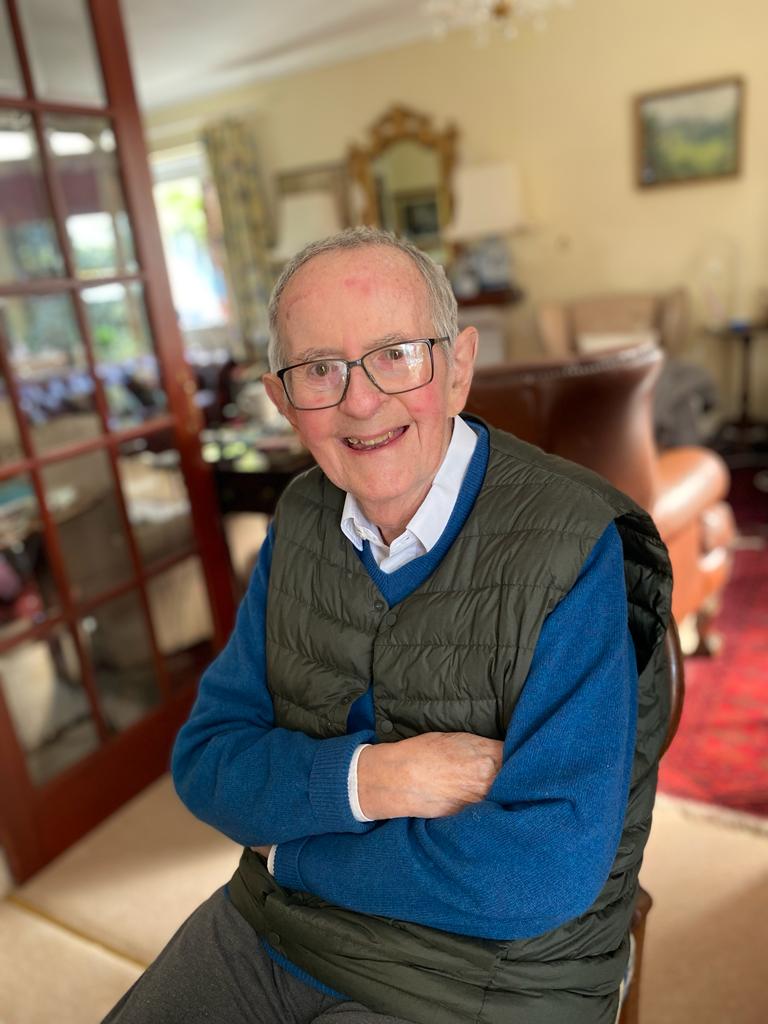Pensioner, 87, died following 17-hour wait for ambulance after breaking pelvis
The Independent revealed 50,000 patients – one in eight – waited 12 hours between arriving at A&E and being admitted
An 87-year-old man died of an apparent lung infection following a 17-hour ambulance wait and a further 13 hours outside A&E after breaking his pelvis.
William Owen, who also suffered from Alzheimer’s disease, was left confused, distressed and in urgent need of care after a fall outside his home in Llandeilo, south Wales, his family said.
However, after being told the wait for an ambulance would be four to six hours, Owen had to be carried to his home by his neighbours. It took 17 hours for first responders to arrive.
His wife, Miranda Owen, 78, said she called 999 “constantly” in the hope of an earlier visit, but an ambulance didn’t come until the next morning.

It comes as The Independent revealed that 50,000 patients – one in eight – have waited 12 hours between arriving at A&E and being admitted.
Owen’s son, Ed Owen, 48, told The Independent that his father was confused and distressed by the “awful” situation, but added that the 17-hour wait was not the worst of the horrifying ordeal.
Due to a bottleneck of ambulances waiting to offload patients into A&E beds, Owen was forced to wait another 13 hours in the back of the ambulance, in temperatures as low as 6C, before he could be admitted. He could only go into Glangwili hospital in Carmarthen for X-rays before heading back into the ambulance – taking his total wait to 30 hours before being seen.
Owen’s family believes his extensive wait in the cold the day after the fall on 9 October may be responsible for the fatal lung infection he contracted.
“I was completely shocked,” Ed told The Independent. “To some extent, you have previous terrible waves which were understandable while the pandemic was on. For some time while he was admitted things were quite good.

He continued: “The experience in the ambulance was worse. It was not a good experience for him at all, he was cold and really confused because of his Alzheimer’s. At home it was a bit better because we could keep him warm and give him tea.
“The ambulance staff would turn on the engine if he got really cold, so that would mean the heater came on.”
When Owen was eventually seen, he was told he needed surgery almost an hour and a half away in Cardiff, and had to be transferred. He underwent a successful operation a week later before the infection he had contracted began to cause issues.
Ed said: “I don’t want to be critical of the care he received. Once he had a bed, and particularly in Cardiff, the care was excellent. They threw everything to work out what was happening, but it was by then already too late.

“It’s like a particular part of the NHS is completely broken. There is this ludicrous situation of long waits because there are no beds.
“The doctor who did his operation was devastated because he was pleased it had gone so well, he was hoping it was going to be a success story – he was upset.”
Within a few days, Owen died.
“My mother was devastated,” Ed said. “It was a very long marriage so it was difficult to have him gone from her life.
“We don’t know but it seems likely he could have caught this in the ambulance while he was cold and uncomfortable in there.”
Sources across the country told The Independent that hospitals are having to “squeeze” patients into spaces other than normal wards or A&E, with no direct oxygen lines. Meanwhile patients wait for hours in ambulances outside emergency departments.
The internal data on patients waiting in A&E from the point of arrival is not routinely published by the NHS. The Independent can reveal that the figure for those waiting longer than 12 hours has increased from about 10,000 a week at the onset of the Covid pandemic to more than 50,000 last month.
Dr Den Langhor, the emergency medicine lead for the British Medical Association’s Consultants Committee, said: “Statistics like this provide further evidence to what patients, staff and anyone with any recent first-hand experience of emergency departments and the wider NHS have been screaming: the service is failing. This is a crisis, and yet the prime minister still refuses to call it this.”
Join our commenting forum
Join thought-provoking conversations, follow other Independent readers and see their replies
Comments
Bookmark popover
Removed from bookmarks